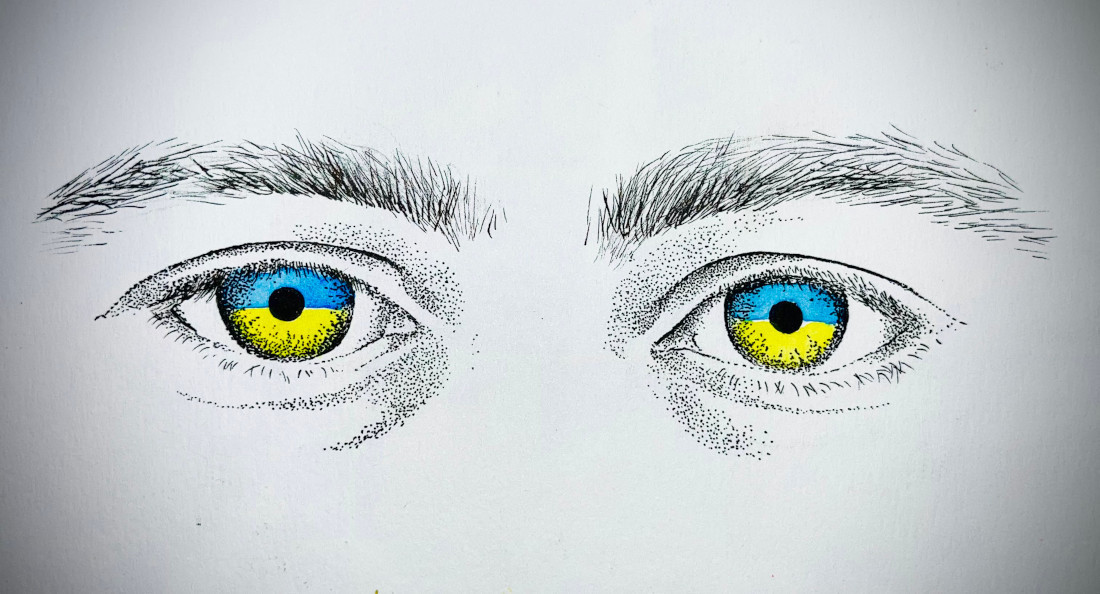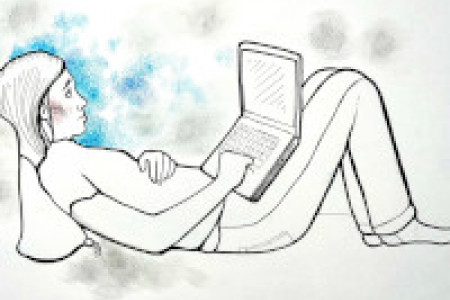The war and the people
The Newcomer Explains
It has to be said that what happened wasn’t anticipated. I vividly remember the news announcing the state of emergency. My parents and I started preparing our basement to act as a shelter, and my sister had evacuation training at school, where they would have to go to the nearest bomb shelter upon hearing the long bell or air siren.
The beginning of Feb. 24, 2022 wasn’t welcoming. I woke up in the morning and immediately saw the news that Ukraine was being attacked and bombed. Kyiv suffered the most. Just before the official attacks happened, women and children were evacuated from the Donetsk and Luhansk regions to Russia. Only men remained, who did not know that the territories would soon be invaded.
The beginning of the war meant a constant fear of catastrophe, an anxious anticipation of attacks and empty shops and supermarkets due to suspended supply chains.
All of this can leave people with a sense of uncertainty about the future, as it did for me. Daily, it was quite difficult to plan anything. The news was nothing but war, and everywhere I looked, I saw destruction.
Another issue is the feeling of betrayal toward civilians who leaked information, such as the location of military objects or critical infrastructure, for monetary gain.
Soon, my grandparents came to live with us. They moved in because they lived on the eighth floor of a nine-storey building, and it was practically impossible to evacuate whe ever there was an air siren.
We would sit together and talk quite a lot, and the most recurrent question was: “How is this possible in the 21st century?” We would replace these thoughts by trying to encourage ourselves and calm each other down, saying “It can’t be that long, maybe two weeks, and it will be over.”
However, the situation only got worse, as more and more men mobilized, and damage was done. Yet there was still hope. The war was an opportunity to start helping each other out, since so many people were in bad situations. This includes my relatives from Kharkiv. Recurring bombardment and the presence of enemy soldiers made their city dangerous, and, after some time, they started to live with us.
My relatives later learned their apartment was destroyed in another bombing spree, leaving them with nothing and no place to return to. The same happened to their garage and their dacha (a second house located in the exurbs), which was used by enemy soldiers.
In that moment, we understood just how critical and significant our choices are.
So far, the full-scale war has been ongoing for two years. It is painful to say it’s still there and to see all the damage and harm done to people. But, in a situation like this, helping each other is greatly needed. Whatever happens, we have to consider how we can help ourselves and those in need in order to improve and change things for the better.
Volodymyr Andreiko is a newcomer to Winnipeg from Ukraine. He is a translator and student at the University of Winnipeg interested in music, literature, philosophy and culture.
Published in Volume 78, Number 24 of The Uniter (April 4, 2024)







